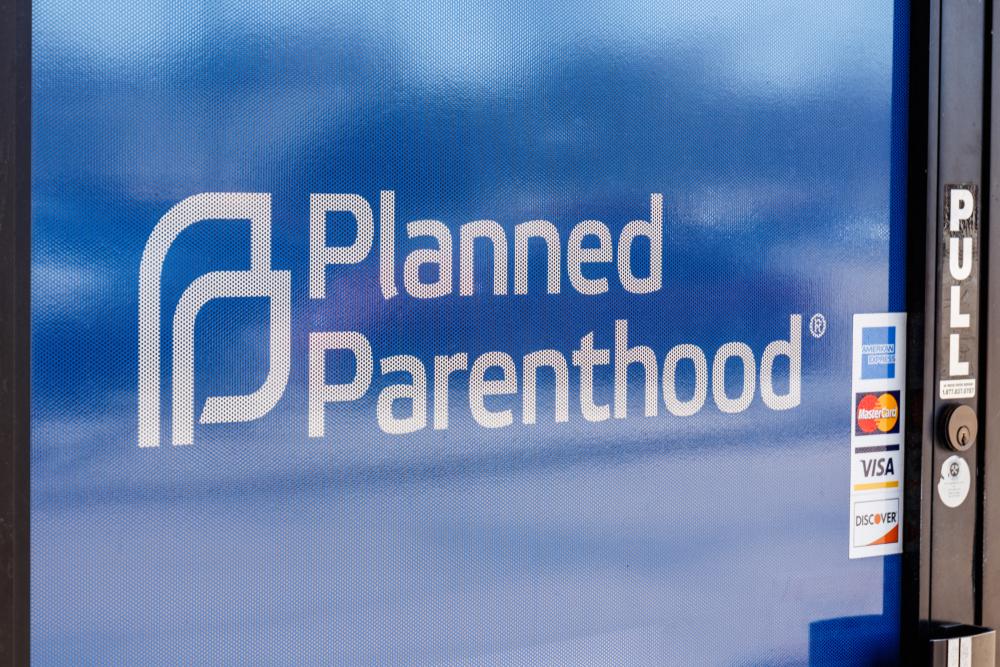
South Carolina can block Planned Parenthood clinics from receiving Medicaid funds, the Supreme Court ruled in a 6-3 decision on Thursday — a major step toward the longtime conservative goal of “defunding” the nation’s largest family planning provider.
The case, Medina v. Planned Parenthood South Carolina, concerns a 2018 order from the state’s Republican governor that barred any clinic providing abortions from getting payments through Medicaid. Medicaid, which insures low-income Americans, does not cover abortions in most states, including South Carolina.
Medicaid is the largest source of insurance for pregnant people in the country, and most people who get health care at Planned Parenthood clinics also rely on it. Planned Parenthood provides a range of services, including contraception, cancer screenings and testing for sexually transmitted infections. In South Carolina, almost 60 percent of Medicaid beneficiaries are people of color. About 400,000 are women between the ages of 15 and 44.
Reproductive health clinics, including Planned Parenthood, typically operate on thin financial margins. In South Carolina, the loss of Medicaid funding could force clinics to turn patients away or to charge them for services that once would have been covered.
Though Medicaid covers millions of Americans, health facilities typically aren’t required to accept it. Without Planned Parenthood as an option, patients insured through the program could struggle to find health care providers who accept their insurance, let alone ones they trust and feel comfortable with.
The court’s ruling undercuts a key provision of federal Medicaid law: Beneficiaries are allowed to use that coverage at any qualified health provider who agrees to accept it.
The ruling currently only applies to South Carolina, where abortion is already outlawed after six weeks of pregnancy. However, it offers a template to lawmakers in other states. Already, Arkansas, Missouri and Texas are enforcing laws that disqualify Planned Parenthood from their Medicaid programs.
President Donald Trump, while promising to leave abortion policy up to individual states, has said he supports policies eliminating federal funding for Planned Parenthood, most of which comes through Medicaid.
In Washington, D.C., where Republicans control both chambers of Congress, senators are considering a budget bill that would prohibit Planned Parenthood from receiving federal Medicaid dollars. Another version of that bill has already passed the House. The nonpartisan Congressional Budget Office has estimated that policy could increase the deficit by $300 million over 10 years, thanks to patients missing preventive care and requiring more expensive follow-up treatment later on for conditions such as cancer and sexually transmitted infections, as well as through unintended pregnancies.
Already, many reproductive health clinics have been forced to slash their budgets, thanks to an April move by the federal government to withhold millions of dollars of family planning grants across 22 states. Those grants would have been disbursed through the federal Title X program, which supports family planning clinics that serve low-income people. Planned Parenthood is the largest single Title X provider, and nine of the 16 grantees affected were Planned Parenthood clinics.